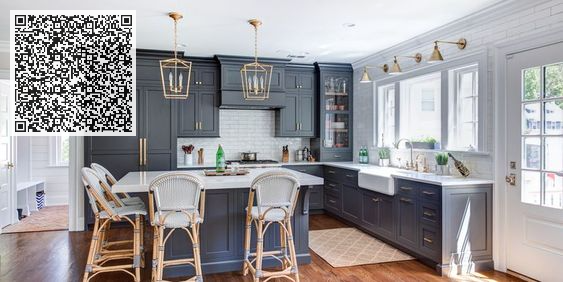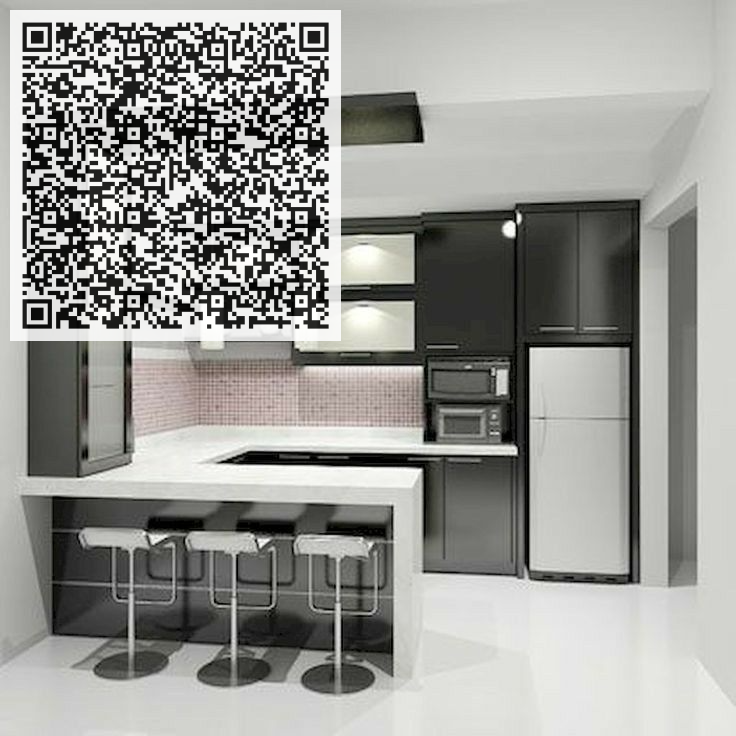What flooring options are best for kitchen renovations?
What flooring options are best for kitchen renovations?
Undertaking a kitchen renovation involves numerous decisions, and one of the most pivotal choices is selecting the flooring. The kitchen, being a high-traffic area, demands a flooring option that not only complements the aesthetics but also meets the practical requirements of daily use. This guide aims to help you navigate through some of the best flooring options for kitchen renovations, providing insights into their suitability for this essential space.
Hardwood Flooring:
Hardwood flooring exudes a timeless charm, adding warmth and character to any space. While its aesthetic appeal is undeniable, it's important to carefully consider its susceptibility to water damage. Engineered hardwood is a viable alternative that offers a compromise between the classic look and enhanced durability.
Tile Flooring:
Tiles, available in materials like ceramic, porcelain, or natural stone, offer versatility and durability. With an array of styles to choose from, tiles provide an opportunity to express your personal taste. However, it's worth noting that tile floors can be cold underfoot, and the maintenance of grout lines is essential.
Vinyl Flooring:
Vinyl flooring has gained popularity for its affordability, water-resistant properties, and comfort underfoot. This practical option comes in various styles, making it a versatile choice for a wide range of kitchen designs. Maintenance is relatively simple, contributing to its appeal for those seeking a hassle-free flooring solution.
Laminate Flooring:
Mimicking the appearance of hardwood or stone, laminate flooring offers a cost-effective alternative. Easy installation and a broad selection of designs make it an attractive option for those on a budget. While it lacks the refinishing capabilities of hardwood, laminate is a durable and low-maintenance choice for kitchen floors.
Stone Flooring:
Natural stone, such as granite or marble, introduces a touch of luxury to the kitchen. Its durability and distinctive aesthetic make it a sought-after option for homeowners seeking a high-end finish. However, the cost and the need for regular sealing and maintenance should be considered before opting for stone flooring.
Conclusion:
Choosing the right flooring for your kitchen renovation involves a careful balance between aesthetics and practicality. Each option brings its own set of characteristics, and your decision should align with your lifestyle, budget, and design preferences. Whether you opt for the classic appeal of hardwood, the durability of tiles, the affordability of vinyl, the versatility of laminate, or the luxurious look of natural stone, your chosen flooring should contribute to a space that is both visually appealing and functional. With thoughtful consideration, your kitchen can become a welcoming hub that withstands the rigors of daily life and reflects your personal style.
FAQs:
Q1: Which flooring resists water the most?
A: Tile flooring, especially ceramic or porcelain, is highly resistant to water and easy to clean.
Q2: Can I use hardwood in the kitchen?
A: Hardwood adds warmth but is sensitive to water. Consider engineered hardwood or be careful with spills.
Q3: Which flooring is the easiest to maintain?
A: Vinyl and laminate flooring are low-maintenance, needing simple cleaning routines.




Comments
Post a Comment